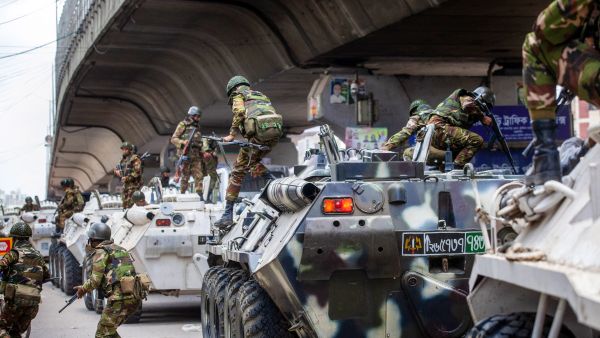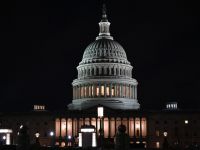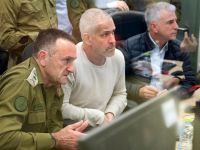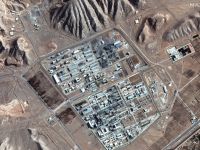ALBAWABA - According to a lawyer engaged in the case, Bangladesh's top court ordered student protestors to "return to class" on Sunday after a ruling on disputed civil service hiring regulations that sparked fatal turmoil.
"The court has asked the students to return to class," said Shah Monjurul Hoque, who represented two students in a petition challenging the quota system.
After riot police were unable to restore order, soldiers are now policing cities throughout Bangladesh, and since Thursday, there has been a statewide internet blackout that has severely limited the flow of information to the outside world.
Friday was likely the bloodiest day so far; Somoy TV claimed 43 deaths, and an Associated Press reporter spotted 23 bodies at Dhaka Medical College and Hospital, but it was unclear whether they all perished on Friday. On Thursday, 22 people were killed as protesting students sought to "completely shut down" the country.
The Supreme Court was scheduled to rule next month on the validity of a recently reintroduced plan that reserves more than half of government posts for chosen candidates, but it moved forward with its decision as public unrest erupted.
The verdict reduced the number of reserved jobs from 56% to 7% of all posts, although it fell short of protesters' requests.
It set aside 5% of all government employment for the offspring of "freedom fighters" from Bangladesh's 1971 liberation war against Pakistan, down from 30%.
According to Bangladeshi legislation, one percent was earmarked for tribal populations and one percent for those with disabilities or who identify as third gender.
According to Bangladesh's home minister, Asaduzzaman Khan, the curfew imposed on Saturday would remain in effect "until the situation improves".
He said that in addition to the torching of government buildings and police installations by demonstrators, arson assaults have rendered Dhaka's metro train network inoperative.







